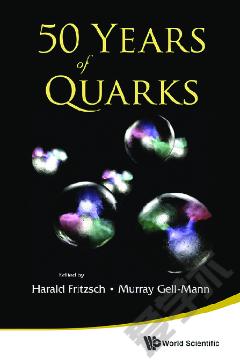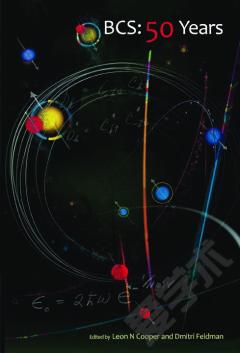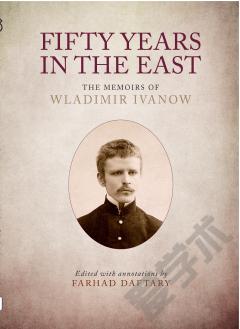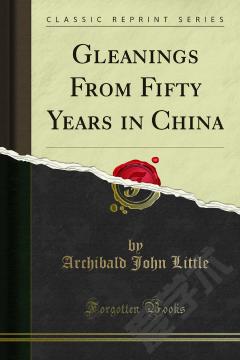50 Years Of Quarks
Today it is known that the atomic nuclei are composed of smaller constituents, the quarks. A quark is always bound with two other quarks, forming a baryon or with an antiquark, forming a meson. The quark model was first postulated in 1964 by Murray Gell-Mann — who coined the name “quark” from James Joyce's novel Finnegans Wake — and by George Zweig, who then worked at CERN. In the present theory of strong interactions — Quantum Chromodynamics proposed by H Fritzsch and Gell-Mann in 1972 — the forces that bind the quarks together are due to the exchange of eight gluons.On the 50th anniversary of the quark model, this invaluable volume looks back at the developments and achievements in the elementary particle physics that eventuated from that beautiful model. Written by an international team of distinguished physicists, each of whom have made major developments in the field, the volume provides an essential overview of the present state to the academics and researchers.
{{comment.content}}








 京公网安备 11010802027623号
京公网安备 11010802027623号